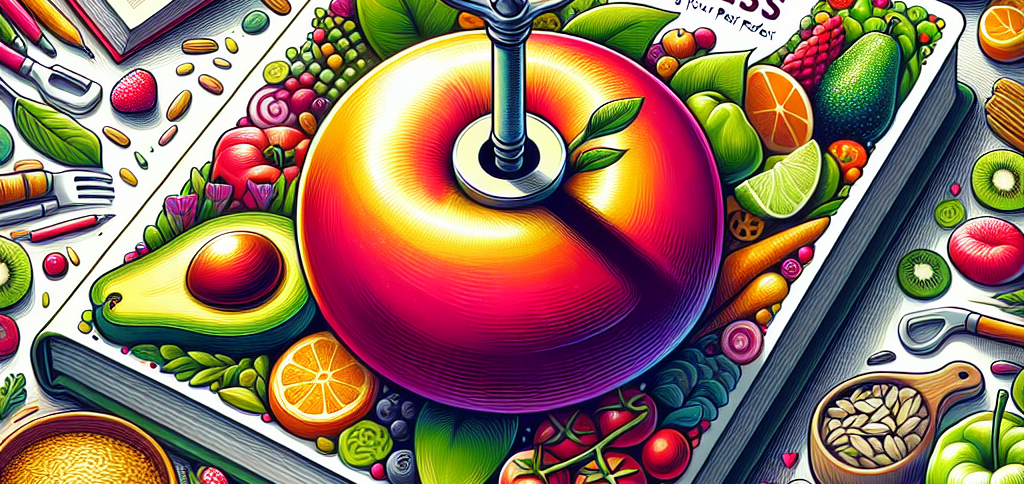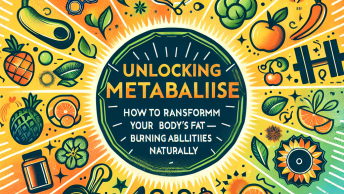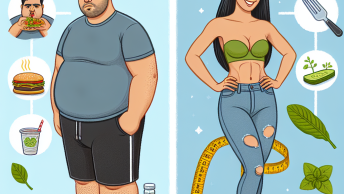10 Essential Tips for Crafting the Perfect Diet Plan
Creating a balanced diet plan can be daunting with the overwhelming amount of information available. The key is to design a framework that suits your body’s needs while promoting a sustainable lifestyle. Here, we present ten pivotal tips to help you craft the perfect diet plan.
1. Understand Your Nutritional Needs
Before you embark on creating a diet plan, it’s crucial to understand your individual nutritional requirements. These can be influenced by age, gender, activity level, and health goals. Consulting a nutritionist can be invaluable in assessing your needs accurately.
2. Set Clear, Achievable Goals
Define what you want to achieve with your diet plan. Be it weight loss, muscle gain, or improved energy levels, having clear objectives will guide your dietary choices and keep you focused.
3. Prioritize Nutrient-rich Foods
Your diet should be rich in essential nutrients to support your body’s functions. Focus on incorporating whole foods like vegetables, fruits, lean proteins, and whole grains. These foods provide a range of vitamins, minerals, and antioxidants.
4. Stay Hydrated
Water is a fundamental component of a healthy diet. It aids in digestion, keeps your skin glowing, and helps transport nutrients in your body. Make sure to drink at least 8 glasses of water daily.
5. Balance Macronutrients
A well-balanced diet includes a mix of carbohydrates, proteins, and fats. Carbohydrates provide energy, proteins are essential for muscle repair, and healthy fats support brain health. Adjust the ratio based on your goals to ensure a balanced intake.
6. Practice Portion Control
Overeating, even healthy foods, can sabotage your dietary goals. Practice mindful eating and be aware of portion sizes. Using smaller plates and measuring your food can help maintain control and avoid excess calorie intake.
7. Plan Your Meals Ahead
Meal planning is an integral aspect of maintaining consistency in your diet. Prepare a weekly menu to avoid last-minute unhealthy food choices. This approach also facilitates grocery shopping, ensuring you have all ingredients at hand.
8. Limit Processed Foods
Processed foods often contain high levels of sugars, salts, and unhealthy fats, which can derail your dietary goals. Opt for fresh and natural products whenever possible. Reading labels can help you make informed choices.
9. Incorporate Cheat Meals
It’s important to be realistic and allow yourself some dietary flexibility. Incorporating occasional cheat meals can prevent feelings of deprivation and maintain your motivation.
10. Educate Yourself Continuously
The world of nutrition is constantly evolving with new research and trends. Stay informed about the latest findings to adapt your diet plan for the best results. Click Here to learn more about current nutritional insights and trends that could enhance your diet plan.
Conclusion
Crafting a diet plan is a personal journey that requires understanding and commitment. By following these essential tips, you can develop a sustainable diet that not only meets your health goals but also enhances your overall well-being. Remember, the key to success lies in balance and consistency.






